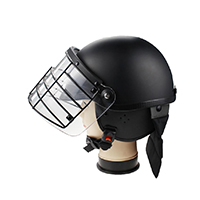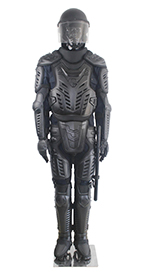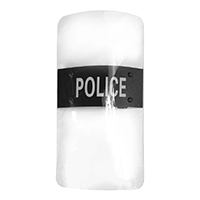Introduction
Riot police represent a specialized branch of law enforcement designed to maintain public order during mass gatherings, protests, and violent unrest. These units combine tactical training with advanced equipment to disperse crowds, protect critical infrastructure, and minimize casualties. Their role has evolved significantly with the militarization of police forces, sparking global debates about civil liberties and use of force.
Equipment and Technology
Modern riot police rely on purpose-built gear that balances protection with crowd control capabilities:
- Protective Equipment
- Helmets: Often feature face guards and neck protection

- Body Armor: Stab-proof vests and tactical suits resistant to blunt force.

- Shields: Transparent riot shields for visibility or reinforced tactical shields for barricades.

- Helmets: Often feature face guards and neck protection
- Non-Lethal Weapons
- Chemical agents (tear gas, pepper spray)
- Kinetic impact projectiles (rubber bullets, sponge grenades)
- Advanced systems (water cannons, long-range acoustic devices)
- Militarization Trends
Programs like the U.S. 1033 Program transfer military surplus (armored vehicles, breaching tools) to police units. Countries like Venezuela and China employ riot vehicles with integrated tear gas launchers.
Operational Roles
Riot police duties vary globally but typically include:
- Crowd Control: Dispersing unlawful assemblies while minimizing escalation.
- High-Risk Support: Assisting in hostage situations or armed confrontations.
- Government Protection: Securing diplomatic convoys or politically sensitive events.
- Disaster Response: Acting as rapid-deployment forces during emergencies.
Conclusion
Riot police are used in a variety of different situations and purposes. They may be employed to control riots as their name suggests, to disperse or control crowds, to maintain public order or discourage criminality, or to protect people or property.
Post time: Jul-14-2025







